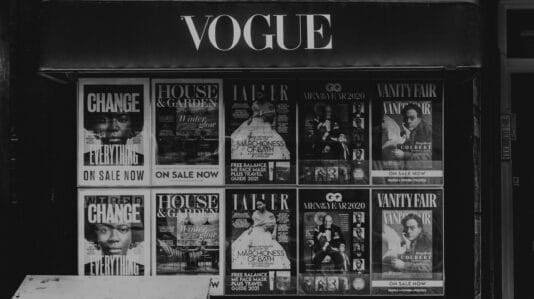If you have invested in building and marketing your brand, you do not want others to be able to use and profit from your work. Trademark law provides important protections to brands. Generally, third parties cannot use a trademark without the owner’s permission (such as obtaining a trademark license). However, not every unauthorized use constitutes trademark infringement. In some cases, the user may have a defense to the infringement claim. One of the most common defenses is called fair use.
In general, the Fair Use Doctrine allows a party to use another party’s trademark in two instances: descriptive fair use and nominative fair use.
Descriptive Fair Use
Descriptive fair use applies where a third party uses someone else’s trademark to describe the third party’s own goods or services. Such use is typically permissible if it is primarily descriptive in nature and the third-party acts in good faith with no intent to capitalize on the trademark owner’s good will. This generally occurs when the trademark at issue is descriptive, geographically descriptive or is a personal name. For example, a candy manufacturer may be free to use the term “sweet” to describe its own candy products even though a car manufacturer owns a mark “SWEET” for cars. Additionally, using a geographical name (e.g., a city’s name) relating to the user’s business location, even if that name is the same as or similar to another’s mark, is generally considered fair use.
Nominative Fair Use
In contrast with descriptive fair use, nominative fair use arises when a third party uses someone else’s mark to refer to the mark owner’s goods or services. This is common in comparative advertising, news reporting and the non-commercial use of trademarks in academic articles. For instance, a company is typically allowed to mention another company’s trademarked brand in its advertisement as a comparison to its own brand. News reporters and journalists are free to report on product launch announcements, stock performances and corporate scandals of an organization without worrying about infringing or diluting on trademarks. Trademark law permits nominative fair use in these contexts, as the law does not allow a trademark owner to use its trademark rights to silence commentary or criticism.
To establish nominative fair use, three requirements must be met:
- the use of the mark must be necessary, as there is no other proper way to identify the mark;
- the user only uses as much of the mark as is reasonably necessary to identify the product or service (that is, the use is not too prominent or too often); and
- the user must do nothing that would suggest sponsorship or endorsement by the trademark holder.
Parody
Relevant to the idea of fair use is the defense of parody. The use of a mark in artistic or editorial parodies is often permissible, provided such use is not closely tied to commercial use and its existence clearly will not lead to consumer confusion. An example would be making fun of a product in the context of an entertainment program. To constitute trademark parody, there must be two juxtaposing messages: the use must copy enough of the mark for people to recognize the targeted brand, but differentiate it sufficiently using some articulable elements of satire, ridicule, joking or amusement so that people can tell it is not connected to the original trademark or its owner.
Notably, in addition to infringement claims, parody is often used as a defense to trademark dilution claims, where a third party associates a famous trademark with their own goods or services. Dilution claims often require a more complex analysis, as the courts have recognized trademark’s functions beyond mere source identification and trademark law’s tension with free speech interests. In determining whether dilution exists, instead of the usual likelihood of confusion analysis, some courts apply the two-part Rogers test to consider (1) whether the parody has any artistic relevancy to the original work, and (2) whether the use of the mark is explicitly misleading. Nowadays, it is still a litigated issue as to which test and factors the court should consider in a parody case.
Conclusion
Fair use is an important trademark infringement or dilution defense and requires complex analyses of all the facts in each case. Parties on both sides should consult experienced counsel to ensure they present a strong case in court.
Carlianna Dengel is admitted to practice law in New York and California.






